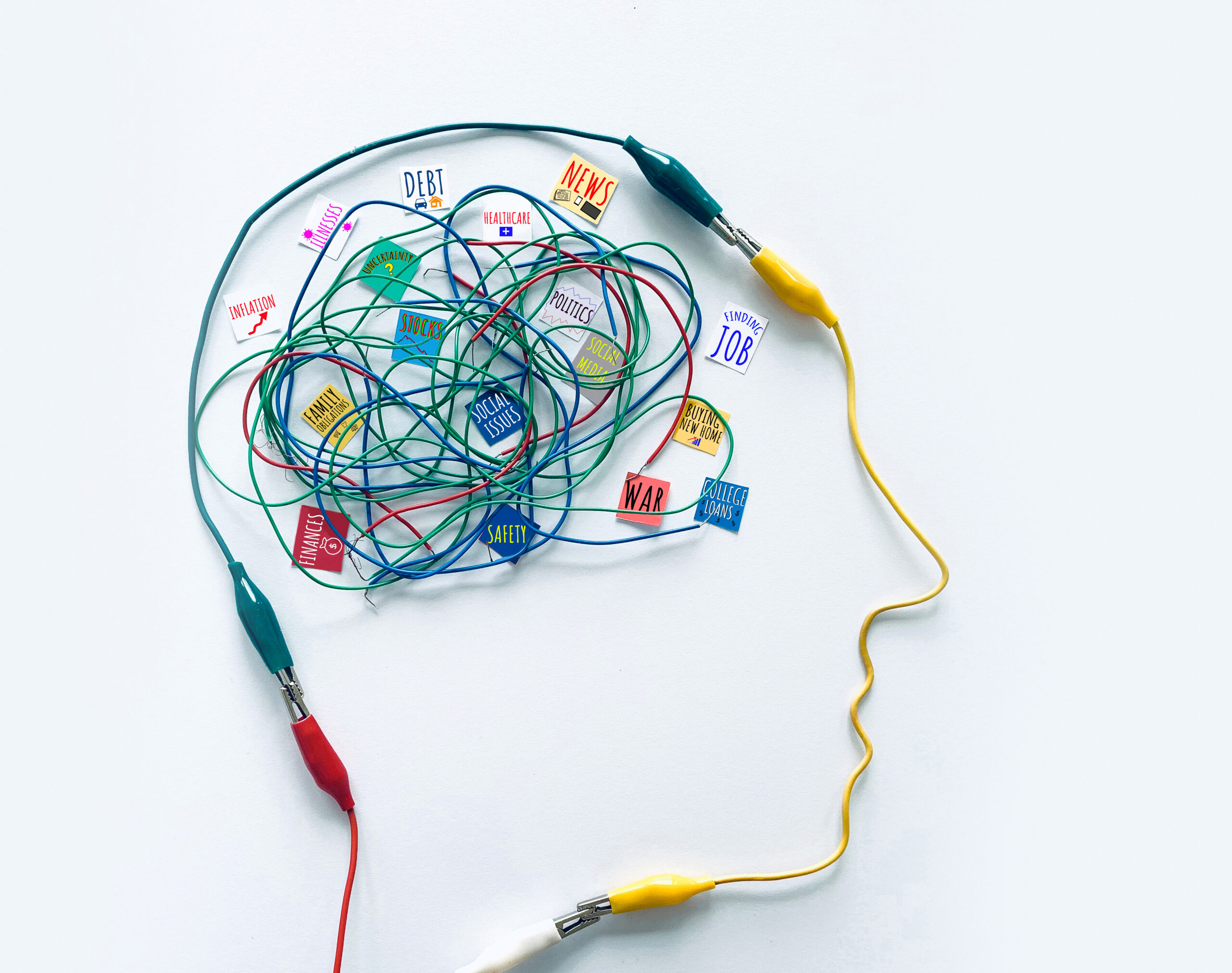Time to build, finally, the hearth in the digital marketing house.
It was inevitable.
The cookie that drives much of the digital adtech world is crumbling. Forgetting the technical jargon for a moment, it is the most transformative development in digital marketing to inject privacy into adtech that talked the privacy talk but didn’t walk the privacy walk.
This continuing evidence of the overall dismal state of digital marketing is just one more example of how adtech was able to exhibit tech brilliance but is lacking in wisdom.
Now the ANA has entered the fray. They recently announced plans to fund the creation of an audit of adtech’s supply chain to understand where all the dark spaces are that hide nefarious activity. This audit is in response to many, many studies that confirm less than half of media budgets actually make it into media.
Here is ANA’a statement:
The ANA estimates … that “only 40% to 60% of digital dollars invested by advertisers find their way to publishers” due to the so-called “ad tax” of ad-tech middlemen taking a variety of cuts that ostensibly enable or add value to programmatic advertising buys.
“Marketers do not have a fully transparent line of sight into their programmatic supply chains,” ANA CEO Bob Liodice said in a statement announcing the RFP.
ANA CEO Bob Liodice added: “The lack of full transparency for ad delivery and ad quality is diminishing marketers’ ability to fully optimize investments and drive greater business growth. We believe this lack of transparency is costing advertisers billions of dollars in waste.” Source: https://www.mediapost.com/publications/article/362815/ana-blasts-mind-numbing-programmatic-marketplace.html
I won’t speculate as to why it took ANA so so long to act. At best, it’s possible they didn’t understand the tech well enough to provide guardrails. At worse, they are were derelict in their duty as Bob Hoffman, of The Adcontrarian, believes, (Source: http://createsend.com/t/d-C9F7681D6185C6352540EF23F30FEDED):
“This week the ANA (Association of National Advertisers) awoke from its decade-long coma and decided to find out how its members have been getting screwed out of billions of dollars by the programmatic ad ecosystem. Nope, you can’t put one over on the ol’ ANA. The ANA may very well be the most feckless trade association in the glorious history of feckless trade associations.
These are the guys who…
- Have fought every initiative to protect consumers, democratic institutions, and their own members from the dangerous, slimy adtech ferrets who have been responsible for the very mischief they are now looking to expose.
- Reported to their members in 2019 that the “War On Ad Fraud Is Succeeding” at exactly the time it was exploding.
- Reported years ago that only 25% of online ad dollars ever reached the consumer, and since then have done…what? Whine? Hold meetings? Support the miscreants?
Mr. ANA, I think I can save you a lot of time and cash. Cancel your stupid, unnecessary RFP and tell your dumbshit members to stop their programmatic dumpster diving and buy directly from quality publishers. No charge.”
Whatever the reason for ANA’s decade long “hands-off” policy, this resulted in an adtech economy that is trust challenged. It relies on murky supply chain and unsustainable “tech tax” for its revenue and shows no signs of rehabilitating itself.
If anything good is to come out of the degradation of adtech that hurt advertisers and publishers, it is that we are smarter now so that maybe we can avoid the key mistakes of the past:
- Scale: This requirement was an artificial one perpetuated by adtech so they can charge for many many impressions or CPM. While marketers want to reach as many people as possible, anything that is sold in batches of “a thousand” has to be viewed with a healthy dose of skepticism. For B2B marketers, “scale” was a huge disappointment because scale is defined in thousands not millions of “CPMs.”
- Impressions: Closely related to scale, impressions don’t represent real people nearly as much as people think it does yet impressions became the currency of adtech despite its weak value for marketers.
- Traffic verification: The notion that traffic verification is useful to reduce fraud is like believing that chewing gum can plug up a major leak in pipes. Most traffic verification firms only sample traffic which allows a lot of bad traffic to fly right by. The harsh truth is that traffic verification firms charge per CPM so they are disincentivized from stemming bad traffic.
- The Surveillance economy: Privacy was tossed out the window in the favor of tracking for the financial gain. This trust violation was possible because the industry used lots of privacy sounding “standards” but let’s be clear – these “privacy” measures were mostly “for show” to alleviate marketers’ concerns. This prickliest of adtech issues is emblematic of how adtech can be brilliant but lacking in wisdom to function ethically and in a trustworthy manner.
- Brand safety: No algo or exclusion list of URLs or negative keywords will solve this. It’s time to think about brand safety more along the lines of topic data – not automated media buying.
The innovation and brilliance of adtech is that they allow advertisers to connect in diverse ways never before possible. Yet the brilliance is undermined by the gaping lack of wisdom in all the tech. There is blatant disregard for transparency, accountability or real-world performance which negates any ability to create an environment of trust. There are trust questions about everything adtech related; personal data, brand safe advertising, programmatic media buying, traffic authentication and ROI of digital marketing.
This is why adtech is brilliant but lacking wisdom. Much like a fire that, without a hearth, quickly burns out of control, losing any ability to warm a home; adtech is destroying so much of the potential of digital marketing.
The next generation digital economy needs to be about trust – in media, data and quality audience experiences. The next gen web will, technically, create the operational expression of trust in digital marketing with a clear trust economy that benefits marketers, publishers and audiences. Human wisdom — well applied in the digital world is the hearth that will allow adtech to provide the potential warmth needed for healthy and welcome marketing.





